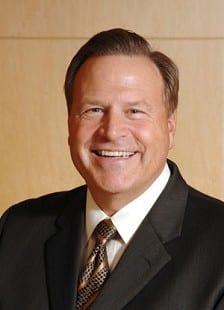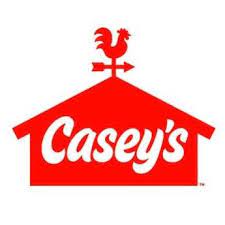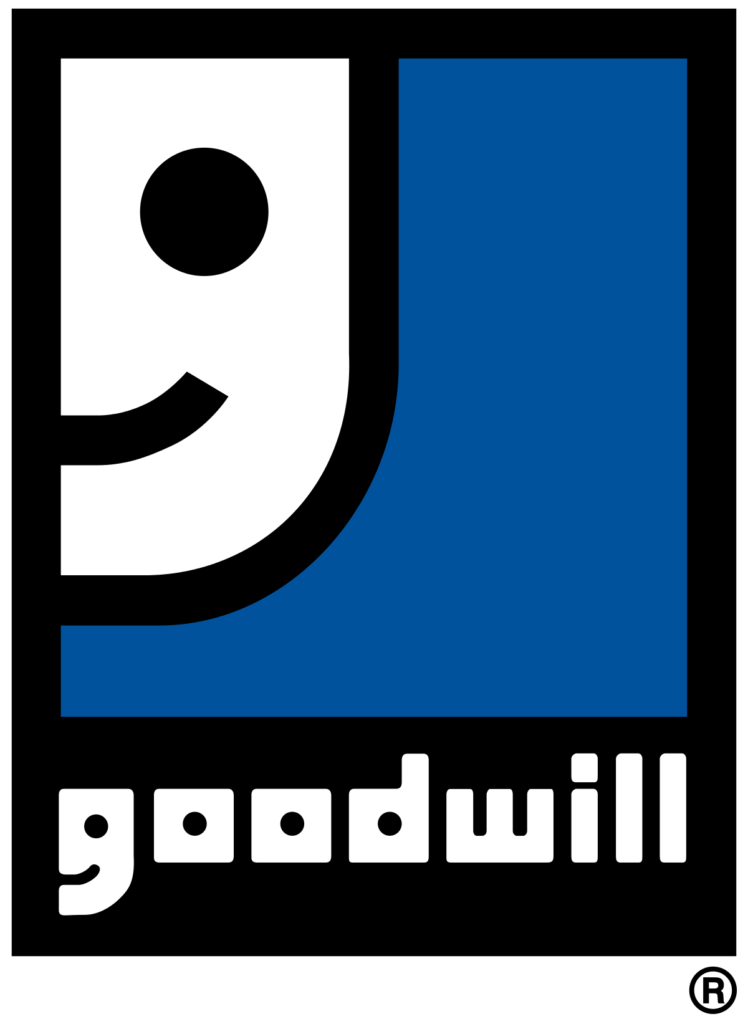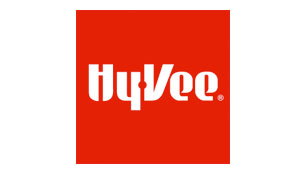Taking risks, turning profits

Frank Russell is a man who doesn’t miss a business opportunity, even when it comes in the form of a hobby he took up to keep his mind off business.
That habit of making money off his ideas is a trait Russell shares with Mike Lang and Jim Masterson, two other Greater Des Moines entrepreneurs who have an eye for a good business opportunity and a fearless attitude toward risk. The rewards are worth the price.
The three men lead companies that were named this year to Inc. magazine’s list of the top 5,000 revenue generators among the nation’s privately held companies.
They are not strangers to the list.
Russell’s GeoLearning Inc. spent three years on Inc.’s list of the 500 fastest-growing companies. According to Inc., companies eventually become too large to generate the kind of revenue increases needed to rank in the top 500. GeoLearning has been listed on the Inc. 500 or Inc. 5000 every year since 2004.
Lang is CEO of Alliance Technologies Inc. The company has made the Inc. 5000 three of the last four years. Masterson is chairman and CEO of LightEdge Solutions Inc., which has appeared on the Inc. 5000 every year since 2007.
During their careers, some of these men have been blessed by angels – the kind that invest in start-up companies – and smiled upon by venture capitalists.
Oh, one other thing they have in common is that their companies have placed successful bets on technology, the Internet in particular, and on the need of other businesses to control their costs in networking, software acquisition, training and data storage.
Most importantly, their companies have survived the Great Recession.
Companies on the 2010 Inc. lists are a “hardy group of entrepreneurs,” Inc. President Bob LaPointe said when the rankings were made public.
The Business Record thought it was worth taking some time to hear what these men had to say.
Mike Lang, Alliance Technologies
In 1997, Lang was doing computer software consulting out of his basement, in an office smaller than the not-so-large desk he occupies today at Alliance Technologies, he said.
His angel investors were his father and father-in-law. He had a degree in computer science from the University of Northern Iowa and a belief in a high-tech future.
His father told him, “You know how to talk to people and you know how to talk to computers; that’s probably a good mix.”
It has been a good mix. Lang paid off the loans from his relatives in three years after “a lot of sleepless nights.”
That right mix led to the purchase in 2003 of his company, Modern Solutions Inc., by Alliance Technologies.
Acquisitions have been the key to Alliance’s growth, Lang said. “Without them, we wouldn’t be on the Inc. 5000 list.”
With growth being what “gets me out of bed in the morning,” making the right kind of acquisitions has been a part of Lang’s business plan.
Alliance itself was a spinoff of sorts. The company was founded in 1994 after The Weitz Co. decided to become an employee-owned business. Its information technology department, led by manager Jim Brandl and student intern Steve Sikkink, formed a company, Information Technology Group. It had nine employees, the two partners and two customers: Weitz and another of its spinoff companies, Life Care Services Inc.
Brandl and Sikkink were locked into a two-year, no-growth agreement with Weitz. By contract, their customer roster was limited to Weitz and Life Care Services.
In 1996, the company began to grow. Four years later, it had 25 employees and a broader customer base.
Alliance currently is the largest provider of network services and infrastructure in the state, based on its number of customers and technicians, Lang said.
“We are the leader, but we have less than 10 percent of the market,” he said. In other words, there is plenty of business to go around.
Alliance’s first merger was with Lang’s Modern Solutions, which brought a consultant on board. In 2006, another Greater Des Moines company, Computility, which specialized in software development, was acquired. Computility brought with it an additional 50 customers and 14 employees. A year later, ANE Technology Services was purchased.
Earlier this year, Alliance acquired Urbandale-based Triple Point Solutions, which complemented Alliance’s core business of providing computer networking, hardware and software services.
Lang was named president and CEO in February 2008 when Brandl retired. Also that year, Iowa Network Services became the majority owner of Alliance.
Alliance could announce another acquisition by the end of the year, providing the target company passes the Lang test of a company’s niche in the industry, its geographical reach, revenues, business processes and ownership structure. Alliance is interested in companies that generate $500,000 to $1 million a year in revenues and are expanding into new territories.
Alliance is contacted by two or three companies or brokers every month, Lang said. More companies fail the test than pass it, he said.
“When a company fits that model, then we’ll get into conversations with them,” Lang said.
He doesn’t wait for companies to contact him.
“We’ll go out and start making calls rather than sitting back here and waiting,” he said.
Lang, as with Russell and Masterson, was quick to point out that one key to the success of technology companies is the quality of workers available in Greater Des Moines and the state.
“We have a fantastic work force in Iowa from a technological standpoint,” he said.
Frank Russell, GeoLearning
Frank Russell is the kind of guy who goes for a bicycle ride and sees an opportunity to make a travelogue, filmed from a video camera attached to a safety helmet.
“Iowa has some of the best biking trails in the country,” he said.
Then there was the video-based program in which children could learn to make crafts, perform puppet shows and mime skits, or build musical instruments out of cigar boxes.
That idea came from “The Magic Window,” WOI-TV’s long-running children’s program that counted Russell’s oldest daughter as a big fan.
“I like to say that was my critically acclaimed success,” Russell said.
The program did win Parents Choice awards, and it was sold to the second-ranked maker of crayons.
There was knife making, which led to jewelry making, which led to the idea that maybe he could make a living out of his hobbies, those activities that were supposed to provide a diversion from the pressures of building more lucrative businesses.
“I get involved in hobbies to use the other side of my brain so I can stay sane,” said Russell, an Illinois native who lives in Texas but believes Iowa is tops for building a business, due in large part to its work force.
His background is in training. He came to Des Moines in the 1980s as the head of training in North America for Massey-Ferguson Inc. That company no longer has operations here.
GeoLearning was formed in 1997, following the build-up and eventual sale of a video training company.
Russell determined that he could help businesses save money by conducting their training services online, using software and hardware that he owned. Clients would be allowed to use their computer infrastructure to focus on their core businesses.
“We believed the power of the Internet was going to be pervasive,” he said. He was right, but analysts weren’t convinced at the time that Russell was using the business side of his brain.
“A lot of analysts told me I was nuts,” he recalled. “In 1997, all of the investment money was going to the coasts.”
He found a kindred spirit in an angel investor from Muscatine. Russell will not identify the man, who he described as the kind of guy who “likes to bet on the jockey.”What he bet on was a concept that would come to be known in recent years as Software as a Service (SaaS).
The idea is that GeoLearning pays the capital costs of purchasing software and hardware and clients pay a monthly operating fee for access to it. In this case, the software focuses on training for a variety of businesses, state governments and federal agencies such as the Office of Personnel Management, Department of the Interior and the Federal Emergency Management Agency.
Russell jokes that federal agents still lurk around his Dallas home and talk to his neighbors to make sure that he is not a security risk.
Government business was key to the company’s early financial success, making up about 50 percent of its revenues five years ago. About 85 percent of revenues now come from the private sector, Russell said.
The idea that some analysts initially thought was way off the wall led to a $31 million venture capital placement in GeoLearning in 2007.
“It’s not something you can do in Iowa all the time,” he said.
Jim Masterson, LightEdge Solutions
Like any good entrepreneur, Masterson and his LightEdge Solutions take big capital risks to save small to mid-size companies the expense.
In this case, the risk lies in the purchase and deployment of software, network infrastructure, data storage and other components of cloud computing that are complicated to manage and deploy, and pose the hazard of creating a financial rathole if they fail.
“One of the keys to our growth is that we had selected the right vision seven years ago,” Masterson siad. “We’ve been executing on that for seven years.”
LightEdge “hunkered down in 2009 and got the cash flow positive,” Masterson said. It continued to save clients from making huge capital investments in infrastructure and software so they could focus on building their core business.
As a result, Masterson said he is bullish on the future after coming out of the recession.
In addition to gaining recognition as an Inc. 5000 company, LightEdge also has been recognized for being on the “far right side” of the creativity spectrum in the industry, a space shared by Google Inc. and Microsoft Corp., to name a couple of heavyweights.
LightEdge, previously known as Lighthouse Communications, had its foundation as an Internet service provider. It was not a former telecom that jumped on the Internet bandwagon and had to learn the industry from the ground up, Masterson said. That also meant that it did not have to convert from old technology to new.
Masterson said the fact that the company was Internet-based is remarkable if only for the fact that the company was located in Greater Des Moines.
Most of LightEdge’s growth has been through building a customer base. It has acquired one company, and that acquisition accounts for about one-third of LightEdge’s revenue growth, he said.
Masterson is a native of Seattle, and his first ventures in technology businesses originated on the West Coast. He said that over the years he has been a member of four management teams that have brought new technologies to market. One flop was an attempt to provide fiber-optic services through thin air.
It was an idea ahead of its time.
“Out of the four businesses, three were very successful,” Masterson said.
LightEdge also has drawn the attention of Philip Anschutz, the founder of Qwest Communications International Inc. and former vice chairman of Union Pacific Corp. Anschutz Investment Co. is LightEdge’s sole investor.
“They found us; they did their own analysis,” Masterson said. “They were looking for a next-generation managed services provider. You have to have a pretty compelling strategy to get a company like that to come to Iowa.”











